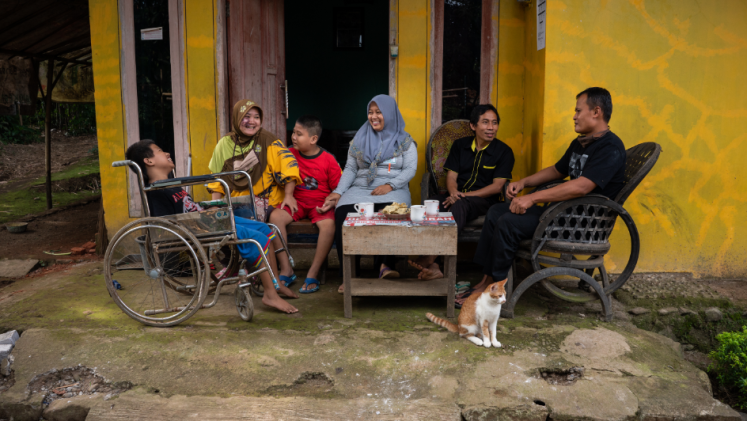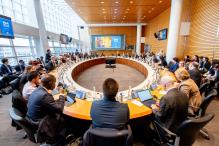Gaps in climate adaptation increase inequalities, often at the expense of the most vulnerable and challenged groups. Improving this situation requires an approach that ensures participation and equitable room for all stakeholders to express their needs and discuss solutions. Experts from the Munich Climate Insurance Initiative (MCII) at United Nations University – Institute for Environment and Human Security (UNU-EHS) and the Stakeholder Engagement Mechanism from the United Nations Office for Disaster Risk Reduction (SEM-UNDRR) share their findings on the topic.
No group can speak for the other
A participatory approach to adapting to climate change must include all stakeholders based on the principles of climate justice, equity and respect for diversity. Considerations of age, gender, disability, ethnicity, indigeneity, religion and LGBTQ need to be reflected in the groups consulted for the development of inclusive adaptation strategies.
Traditional knowledge should be integrated into adaptation strategies
Knowing the area, resources and culture better than anyone, local stakeholders are partners with valuable insights that will help define and implement sustainable and effective actions.
Advocacy and activism are increasing in both urban and rural areas
Triggered in part by top-down strategies that often create additional barriers for people with disabilities and other marginalized groups, grass-roots initiatives are on the rise across the globe. Empowering local actors and strengthening local-to-local collaboration enable bottom-up approaches.
Knowledge transfer must be supported
Transferring knowledge has proven to be challenging when local experts do not have the means or access to technology such as the internet, or lack the mobility to share their expertise. Knowledge co-creation and transferability must be supported as they are key elements of participatory approaches to climate change adaptation.
Capacity-building and knowledge exchange are at the heart of solutions
Making scientific knowledge directly available and accessible to local decision-makers improves the adaptive capacities of communities. Investments that improve the abilities of local actors to find and monitor solutions lead to higher and longer-lasting benefits in adapting to climate change.




![smart2[1].png](https://unu.edu/sites/default/files/styles/card_view_small/public/2024-04/smart2%5B1%5D.png?itok=_-ZcLOM5)